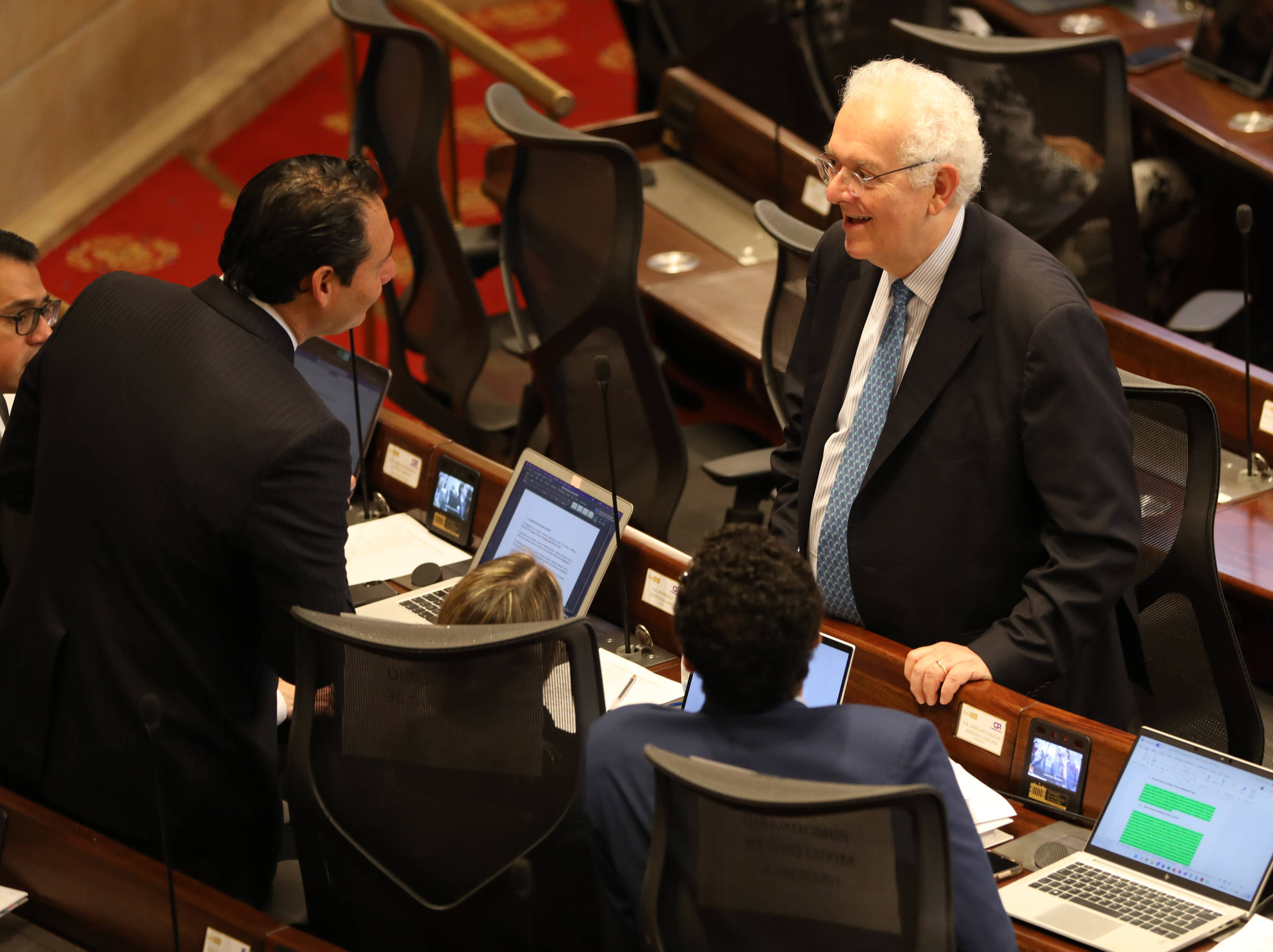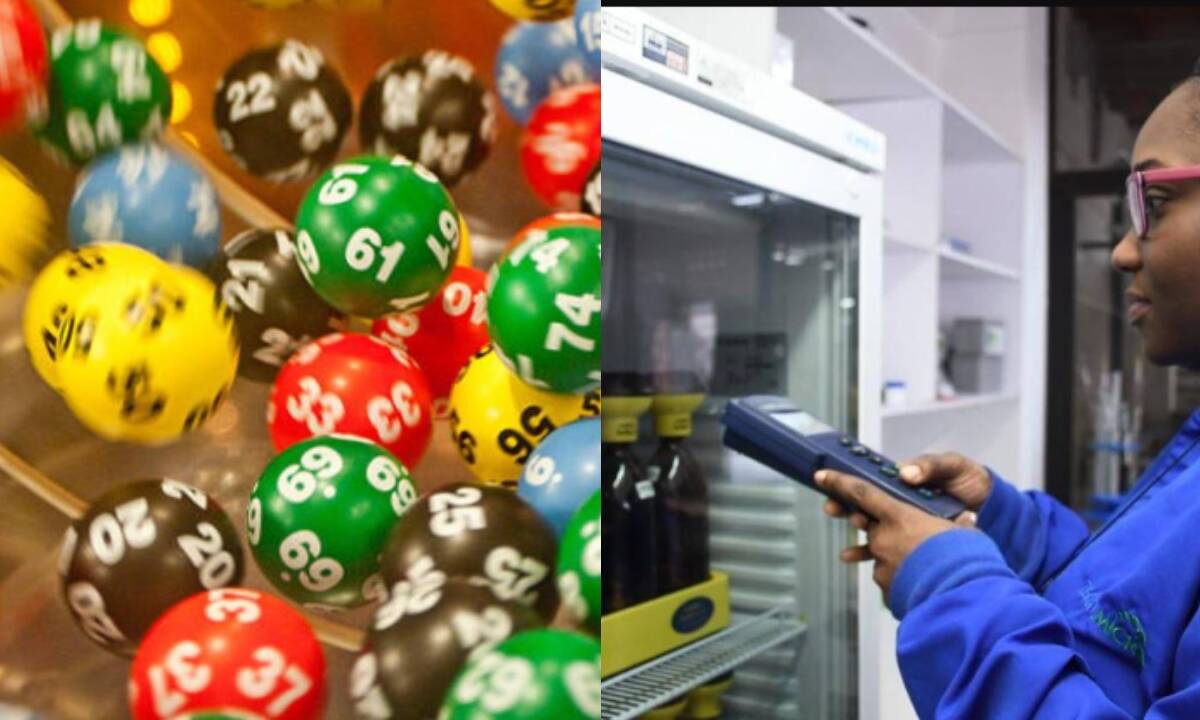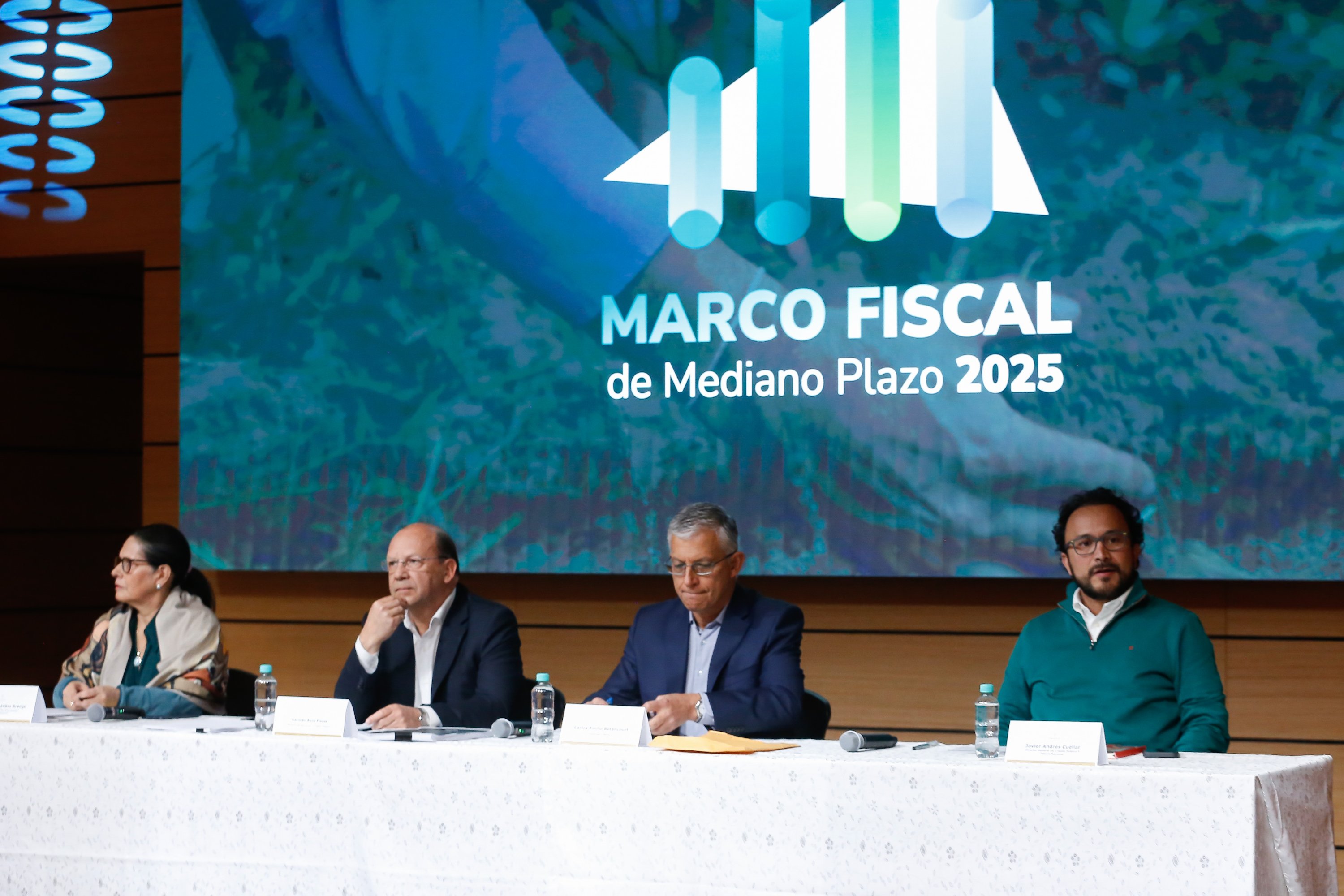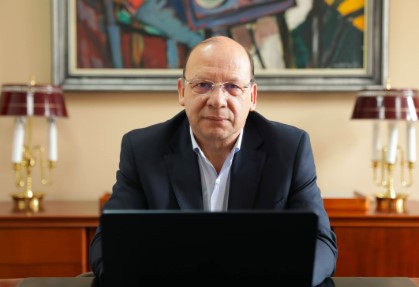Tax reform: These are the taxes the government is considering imposing to raise $19 billion.

Finance Minister Germán Ávila announced that he will introduce a tax reform at the end of July to raise a minimum of 19 billion pesos and a maximum of 25.4 billion pesos.
If approved, this would be the second reform of Gustavo Petro's administration. The first was pushed through by former Finance Minister José Antonio Ocampo in late 2022.

Approval of the tax reform at the end of 2022. Photo: MAURICIO MORENO EL TIEMPO
However, as various experts have already pointed out, the fuel subsidy ate into revenue and worsened the fiscal situation. A report last year by the economic research center Anif stated that the 2021 and 2022 tax reforms generated additional revenue of 54 billion pesos: 24 billion pesos for the former and 30 billion pesos for the latter. However, increased spending pressures ate into them.
Later, during the era of former Finance Minister Ricardo Bonilla and then Diego Guevara, a financing bill tied to the approval of the 2025 General National Budget was unsuccessfully introduced to raise 12 trillion pesos. It failed to pass Congress, and, in addition, various experts asserted that the gap for this year was much larger.
Later, in January, these funds were frozen. For example, 770 billion pesos were postponed for the construction of the first line of the Bogotá metro and 497.63 billion pesos for the light rail line 80 in Medellín.
What taxes is the Government considering? The new reform will seek to revise proposals inspired by the tax reform that was being considered last year, such as modifications to the carbon tax, VAT on online games of chance, or requiring both digital platforms and churches to pay taxes. A special tax on coal and oil would also be reviewed and tax relief proposed.

Gambling includes digital platforms, casinos, slot machines, and bingo halls. Photo: iStock / EL TIEMPO Archive
It should be noted that due to the declaration of internal unrest due to the violence in the Catatumbo region of Norte de Santander, the government decreed a series of temporary taxes. Among them, a 19 percent VAT on games of chance operated online within the country or abroad.
In response, the Colombian Federation of Gambling Companies (Fecoljuegos) warned that activity in the sector has fallen between 30 and 50 percent following the implementation of this VAT. "In the first few weeks, deposits—that is, the money players deposit into platforms to bet—fell between 30 and 50 percent, which translated into a 30 percent decrease in the sector's gross revenue," said Evert Montero, president of the association, which represents operators such as Codere, Rushbet, and WPlay.
Additionally, the government is also evaluating new tax schemes for activities or products that generate negative externalities, such as pesticide use, noise emissions, and devices like vaping. In total, with these measures, the government plans to raise between 4 and 8 billion pesos this year.

Vapers could be taxed. Photo: iStock
The second part of the reform, described by Minister Ávila as "structural," would seek 19 billion. Here, the government is proposing to review the VAT structure to reduce tax expenditures, which include the deductions, exemptions, and special treatment granted to some taxpayers to stimulate growth. This does not mean that the general rate of 19 percent would increase.
Within VAT, the largest losses today are those for goods and services that are excluded, followed by those that are exempt and those with differential rates. "We are going to carefully review tax expenditures. There are approximately 89 billion pesos in VAT exemptions ," explained Deputy Minister of Finance Carlos Emilio Betancourt.
Likewise, the reform would seek to change the consumption tax and make additional modifications to the personal income tax. According to his proposal, the possibility of strengthening its progressivity could be explored by revising the rates applicable to the highest income brackets. "In terms of income, we believe there is still room for one or two marginal rates to increase the tax's progressivity," the deputy minister stated.

Aspects of the presentation of the Medium-Term Fiscal Framework at the Ministry of Finance. Photo: Néstor Gómez / EL TIEMPO
In parallel, the government proposed the creation of a Mission to reform public spending and correct the factors that generate inefficiency and inflexibility. This should lead to the formulation of a bill and would address issues such as greater efficiency in targeting subsidies, the review of exemptions on contributions to health, SENA, and ICBF so that employers, rather than the nation, bear this cost, as well as the possible redirection of funds from compensation funds to the health sector.
Will the reform be approved? Various experts believe that the reform's approval will be difficult. For José Ignacio López, president of the economic research center Anif, the most important issue is its political feasibility, as it is difficult to approve a tax reform of this magnitude in the second half of the year. He also noted that there are contradictory messages, as the government had indicated that reducing VAT exemptions would not be on the table. "This is an unviable solution, and the fiscal adjustment will depend on what the next administration can do," he opined.
Along the same lines, former Finance Minister Juan Camilo Restrepo asserted that since the reform will almost certainly not be approved by Congress and no genuine intention to reduce the increase in bureaucratic spending has been announced, there would be no way to defuse the exploding fiscal bomb.

Presentation of the Medium-Term Fiscal Framework 2025 Photo:
eltiempo





